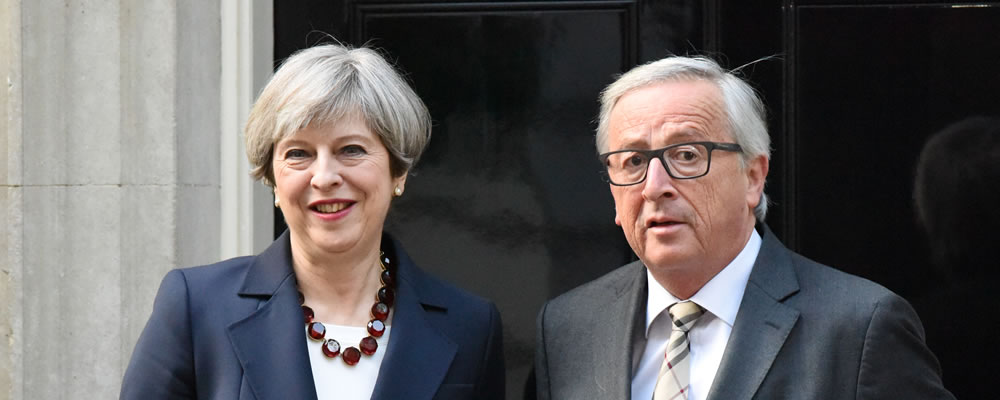Euro to Pound Exchange Rate Holds Ground as Brexit Uncertainty Leads to Pound Slip
Despite the formal Brexit date being officially delayed until the 31st of October, demand for the Pound (GBP) weakened slightly on Thursday morning and the weak Euro to Pound Sterling (EUR/GBP) exchange rate was able to hold its ground.
Since opening this week at the level of 0.8606, EUR/GBP has been trended with a slight upside-bias.
EUR/GBP briefly touched on a three month high of 0.8650 on Tuesday evening, and while the pair has been unable to hold these weekly highs, the pair still trended slightly above the week’s opening levels at the time of writing – near the level of 0.8622.
The Euro (EUR) hasn’t been able to capitalise on the Pound’s Brexit jitters, due to mixed Eurozone data and a cautious tone from European Central Bank (ECB) President Mario Draghi yesterday.
Euro (EUR) Exchange Rates Steady despite Cautious European Central Bank (ECB)
A generally cautious tone from the European Central Bank (ECB) and its President Mario Draghi yesterday didn’t do much to bolster Euro support, but it didn’t knock the shared currency much lower either.
As was widely expected, the ECB left Eurozone monetary policy frozen in its April policy decision. The bank also didn’t offer any fresh signals on upcoming changes to monetary policy.
ECB President Mario Draghi seemed generally hesitant to commit to any new signals in a following press conference.
However, he did note that the Eurozone’s growth outlook had slowed since the previous ECB decision, and said that the bloc’s inflation could become weaker in the coming months.
This left investors more doubtful that the ECB would be hiking Eurozone interest rates at all any time soon, with analysts predicting the bank will leave rates frozen for quite some time to come.
This morning’s German and French inflation stats met market forecasts, leaving the Euro’s strength modest versus a weak Pound.
Pound (GBP) Exchange Rates in for Months More Uncertainty as Brexit Extended
UK Prime Minister Theresa May attended a major EU summit on Wednesday, at which she was able to agree with EU leaders for an extension to the Brexit process in order to avoid a worst-case scenario no-deal outcome.
While Prime Minister May was unable to secure the short delay until the end of June that she had initially hoped for, the EU agreed to give the UK a ‘flexible extension’ until October the 31st.
This extension allows the UK to leave the EU earlier than the October date if it is able to reach a solution to the Brexit process before then.
The news was modestly relieving for investors, with Britain now likely to avoid a no-deal outcome. However, this result was generally expected and still means further months of uncertainty for business and economy as Britain scrambles to find a solution to the issue.
As a result, demand for the Pound was relatively subdued, with investors now looking ahead to Parliament’s next attempt to pass Brexit.
Euro to Pound (EUR/GBP) Exchange Rate Investors Anticipate Next Steps in Brexit
Demand for both the Euro and Pound is mixed. The Euro remains pressured by concerns of slowing global growth hitting the Eurozone economy, while the Pound is unappealing due to uncertainty over how the Brexit process will end.
Essentially, the Euro will continue to be driven by Eurozone data, while Pound investors anticipate Brexit news.
Tomorrow will see the publication of some relatively influential Eurozone figures, including German wholesale prices and Eurozone industrial production figures.
If Eurozone industrial production beats expectations, it could give the Euro a late-week boost and help the volatile Euro to Pound exchange rate to end the week higher.
Looking ahead to next week, some Eurozone economic confidence data from ZEW on Tuesday could prove influential, and amid a lack of Brexit developments the day’s UK job market data could cause some Pound movement.
With UK Prime Minister Theresa May continuing to negotiate a Brexit compromise with the opposition Labour Party, the Pound’s movement is likely to remain fairly limp until the next Brexit developments.



